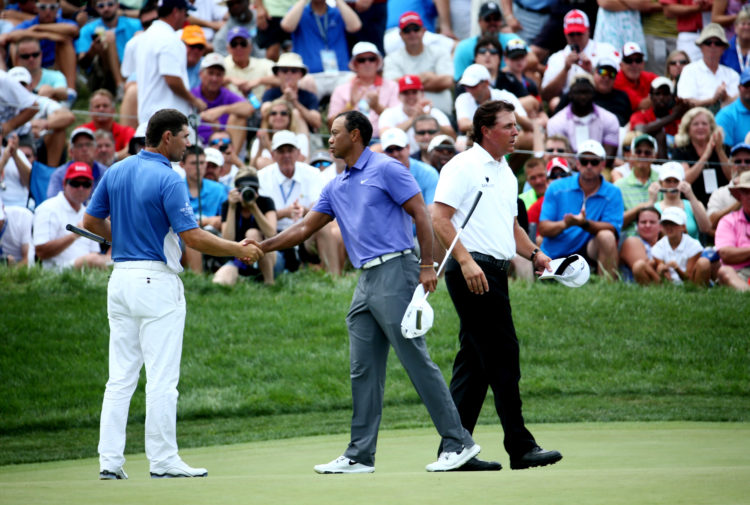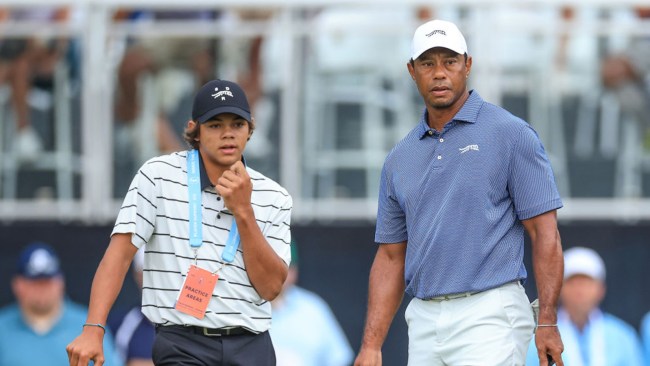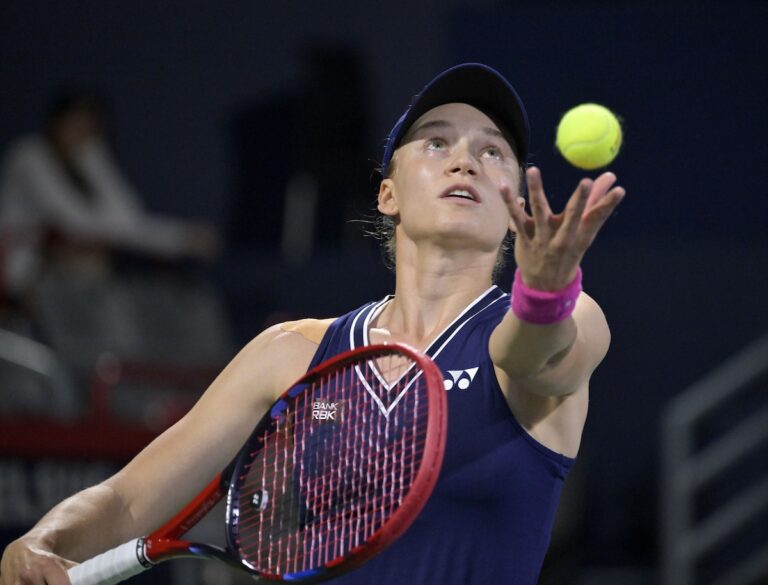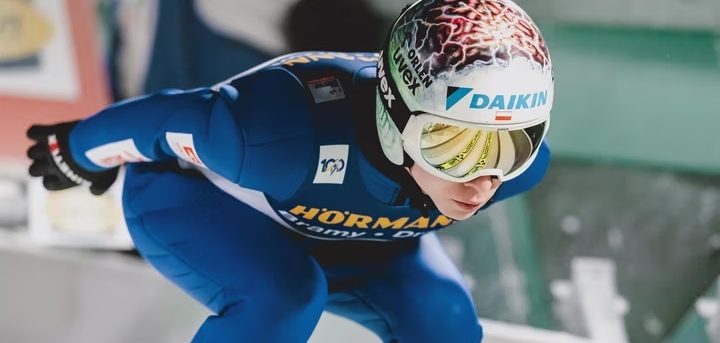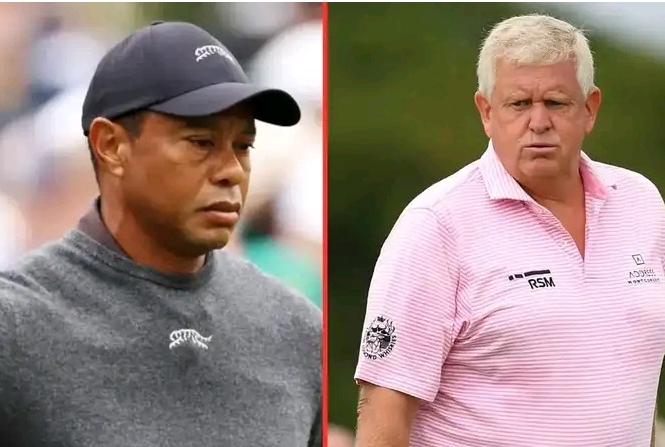Six-time major winner hints he could step away from playing full-time golf very soon
As the world of professional golf eagerly watches the careers of its legends, one of the sport’s greats is hinting that his time as a full-time competitor might be drawing to a close. Phil Mickelson, a six-time major champion and enduring figure in the sport, has recently indicated that he is seriously considering stepping away from the rigorous demands of professional golf, though he remains open to different roles within the game.
Retirement is an inevitable part of any professional sport, and golf, while offering opportunities for extended careers through the Seniors Tour and other formats, is no exception. Even the most celebrated athletes, like Tiger Woods, eventually face the reality of reduced playing schedules. Woods himself has transitioned to a more selective competition schedule, exempt from all majors and signature events, allowing him to compete on his terms and at his own pace. Mickelson’s situation, while unique, echoes a similar sense of transition.
In a recent interview with Golf.com, Mickelson shared his candid reflections on his current standing in the sport. At 54 years old, Mickelson is keenly aware of the physical and competitive challenges that come with aging. Despite his dedication and considerable efforts to maintain peak performance, he acknowledges that his game may not always meet the high standards he has set for himself. Mickelson’s comments reveal a blend of realism and optimism, as he evaluates his future in golf with a clear understanding of his current capabilities and potential.
“I’m 54 and I’m putting in the work,” Mickelson remarked in the interview. “I also have a unique opportunity because of the fact that physically I’ve been able to withstand injuries and been able to be in better shape to do something at an age that nobody else has done. But I have not played at the level that I need to.”
Mickelson’s insight reflects a mature perspective on his career trajectory. He has demonstrated glimpses of his former brilliance, both in his own play and as perceived by his teammates. However, he remains realistic about the demands of the game and his ability to compete at the highest level. If he finds himself unable to consistently perform to his own high standards, he is prepared to consider stepping aside and allowing new talent to rise, particularly within the context of his current team, the Hy-Flyers.
Despite these reflections on the possibility of retirement, Mickelson has also expressed a desire to continue participating in golf’s major tournaments for the foreseeable future. His passion for the game remains strong, and he has a clear intention to keep competing as long as he feels capable. However, the evolving landscape of professional golf, including the rise of LIV Golf and its impact on the sport, may influence his decision-making process.
In addition to the potential for retirement from competitive play, Mickelson’s comments hint at a possible continued involvement with the Hy-Flyers in a different capacity. Whether as a coach, captain, or mentor, Mickelson’s wealth of experience and knowledge could prove invaluable in shaping the future of the team and the sport. His contributions to golf extend beyond his impressive list of achievements; his potential role in guiding and nurturing emerging talent is a testament to his dedication to the game.
As Phil Mickelson navigates this transitional phase in his career, the golf world watches with anticipation. His impact on the sport has been profound, and whether he steps away from competitive play or finds new ways to contribute, Mickelson’s legacy in golf will undoubtedly endure. His commitment to the game and his willingness to adapt to new roles reflect a deep-seated passion for the sport, ensuring that his influence will be felt for years to come.
